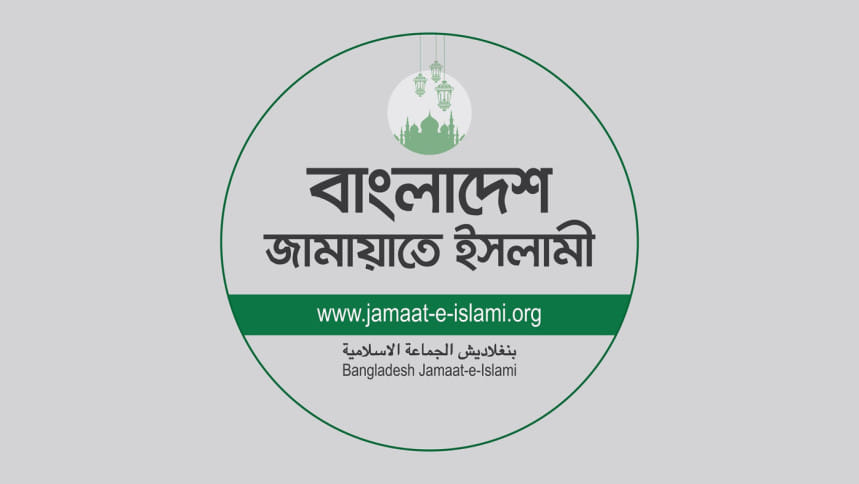July Charter draft: Jamaat suggests identifying quickly implementable reforms

Jamaat-e-Islami has submitted its opinion on the draft of the July National Charter to the National Consensus Commission.
The party agreed that the Charter should have precedence over the Constitution and that it should not be challenged in court. At the same time, Jamaat suggested clearly identifying which recommendations can be implemented right away.
Paban Chowdhury, public relations officer of the commission, confirmed today that Jamaat submitted its opinion.
He also told reporters that other parties, such as Khelafat Majlish, LDP, Jatiya Samajtantrik Dal (JSD), and BASAD-Marxist, have also given their separate feedback on the draft.
Yesterday, BNP, AB Party, Bangladesh Khelafat Majlish, NDM, Jatiya Ganofront, and Amjonotar Dal also submitted their views.
The July Charter includes background notes, 84 proposals from two rounds of dialogue, and eight pledges.
Jamaat agreed that all rules, principles, and decisions in the Charter should be included in the Constitution.
They also said that if there are differences between the Constitution or other laws and the Charter, then the Charter's provisions should have priority.
They also supported giving the Appellate Division of the Supreme Court the authority to make the final judgement, while also stating that the Charter should not be questioned in court.
The eighth pledge of the Charter says that all recommendations considered "implementable" should be carried out before the next election without delay.
However, the draft does not clearly mention which recommendations are implementable. Jamaat suggested specifying those recommendations and also called for a legal foundation for the Charter.
Talking to reporters, Jamaat's Assistant Secretary General, Hamidur Rahman Azad, said they have identified several "contradictory" and "inconsistent" points in the draft.
He added, "We agree with the pledges, but we suggested that the commission should identify reforms that can be implemented immediately and set a time-frame in the pledges."
Khelafat Majlish Secretary General Ahmad Abdul Kader said they strongly suggested that all provisions of the Charter should have a legal basis.
On constitutional reforms, he said, "We recommended issuing an ordinance for reforms."
JSD said the July Charter should be included in the Constitution as a separate chapter. However, they opposed section 4 of the pledges, which states that the declaration cannot be questioned in court.
LDP also opposed section 4 of the pledges and suggested keeping Article 7(a) and Article 3 of the Constitution to protect the April 10, 1971 Declaration of Independence.
LDP General Secretary Redwan Ahmed said his party was worried about the part that allows only the Appellate Division to interpret the Charter, because there is no clear legal process for that. LDP proposed implementing the Charter within two years after the next parliament is formed.
BASAD-Marxist questioned how the Supreme Court could interpret the Charter if no one is allowed to raise questions about its provisions or recommendations in court.
The party said banning court questions on the Charter is not democratic. They also argued that giving the Charter authority over all laws and the Constitution was not carefully considered.
They said discussions could be held about ways to implement the Charter, but declaring it as the country's highest legal document would not set a good example.

 For all latest news, follow The Daily Star's Google News channel.
For all latest news, follow The Daily Star's Google News channel. 



Comments